Mastering Discipline: My Journey and Insights
The title says ‘Mastering’ Discipline - Please note I am by no means a master. I can only talk about my personal experiences and share what I can.
Action Coach - Lunch and Learn
Following a Lunch and Learn session with Harneet from Action Coach, I shared my thoughts on discipline with everyone.
I emphasised that discipline is about the relationship you have with yourself, doing the things you don’t want to do exactly when you said you would do them.
It's about setting personal standards and sticking to them, even when it's challenging or inconvenient. I highlighted that discipline involves self-control and a commitment to living with purpose, which can ultimately provide a sense of freedom by reducing stress and anxiety.
By setting achievable goals, remaining consistent, and holding oneself accountable, discipline can become a powerful tool for personal and professional growth.
What is Discipline?
For me, self-discipline is about the relationship you have with yourself.
It's doing the things you don’t want to do, exactly when you said you would do them.
It's the standards you live by, the promises you keep to yourself, and the commitment to do hard things when nobody is watching.
Discipline needs to become a way of life, a commitment to living with purpose. Essentially, it's doing the hard stuff when you don’t want to do it.
Mike Tyson famously said, "Discipline is doing what you hate, but doing it like you love it." This means doing things with conviction, involving self-control and sticking to your own standards even when faced with challenges or distractions.
Yes, it can be painful to be disciplined because people tend to avoid pain. However, I believe discipline can give you freedom.
Taking control of your life and having a blueprint for how you want to live can reduce stress and anxiety.
Embrace Imperfection and Consistency
Don’t always aim for perfection in everything you do.
I used to strive for perfection, but I’ve since changed my mindset. If I can't do an hour in the gym, I’ll do 30 minutes.
As Steven Bartlett says, "If you only have 40% and you give 40%, then you gave 100%."
Break down tasks into smaller, manageable goals and tackle them day by day. “Success is the sum of small efforts, repeated day in and day out.” Form good habits and be consistent with them. Even small actions, like making your bed every morning, can set a positive tone for the day.
Tips for Maintaining Discipline
Remain Consistent: Reduce procrastination and maintain a daily routine with dedicated time blocks for work, rest, and personal activities.
Prioritise Tasks: Focus on completing high-priority tasks first before moving on to less critical ones.
Minimise Distractions: Identify and remove potential distractions in your environment, such as turning off notifications or creating a tidy workspace.
Continual Learning: Continuously improve your discipline and focus by figuring out what works best for you.
Plan Your Day: Identify when you are most productive (for me, it's early morning) and allocate your most focused work during that time.
Be Strict with Your Time: Avoid 'time thieves' and stick to your planned schedule. “You get more of what you tolerate.”
The Importance of Accountability
Accountability is crucial for me, and coaching helps in both life and business.
Having mentors or colleagues who provide guidance and encouragement is invaluable. Writing down your commitments makes you accountable to yourself and makes your goals more achievable.
Developing these habits creates a sense of direction and personal satisfaction.
Dealing with Setbacks
Maintaining discipline and focus is not always easy, and setbacks are inevitable.
However, flexibility and learning from mistakes rather than being discouraged by them are key. One of my habits is to avoid failing twice in a row.
Be present in everything you do—if you're in a meeting, focus on the meeting; if you're with family, focus on them. Consistency is key to building discipline and maintaining focus.
In conclusion, discipline is about making a commitment to yourself and sticking to it. It's about doing the hard things with conviction and embracing the freedom that discipline brings.
By setting achievable goals, embracing consistency, and holding yourself accountable, you can build a disciplined life that reduces stress and increases your sense of fulfilment.


